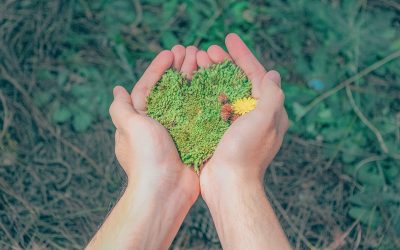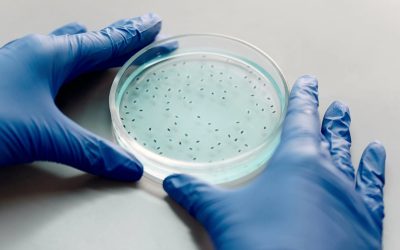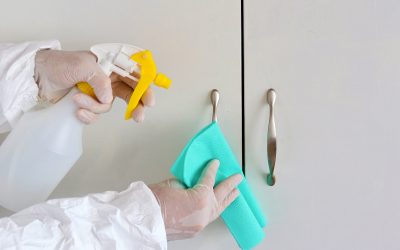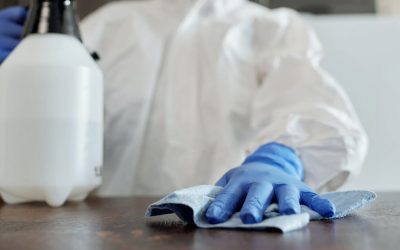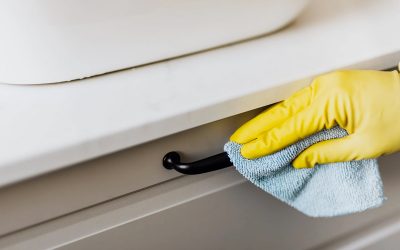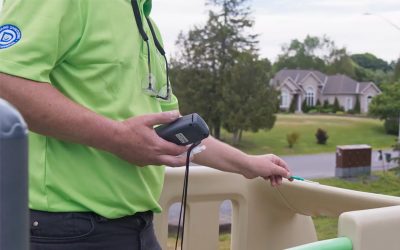Pollen Allergies
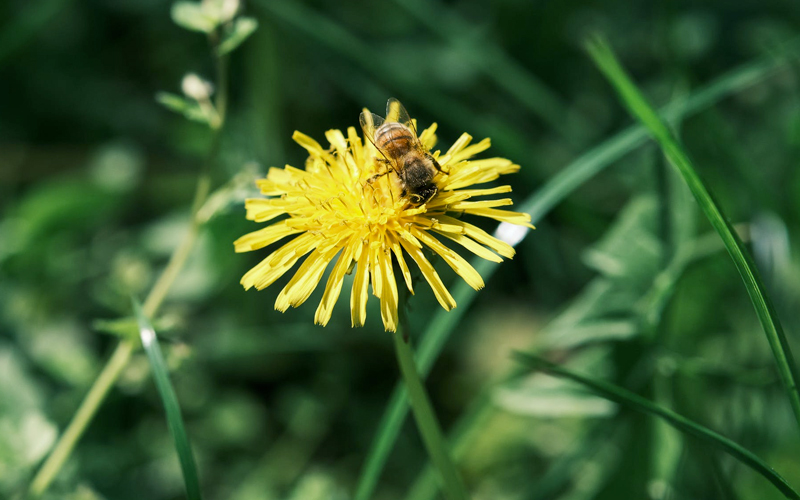
People with seasonal allergies understand when I say how nerve-wracking it’s been to live with allergies when there’s a viral pandemic going on that has shared symptoms. Sneezing, coughs, runny nose…constant apologies and confirmation that “it’s just allergies”.
Spring brings excessive levels of pollen, and for us allergy sufferers, it brings allergy meds and a Costco supply of tissues. Aaaa-CHOO!
You can see the little yellow particles setting on everything. Your car, your house, and your yard all look like a yellow glitter bomb exploded.
Pressure washing the pollen away can help drastically reduce your allergy symptoms, if done before and after the pollen season. Washing away the residual pollen can ensure it doesn’t settle into cracks or in hard to clean areas. While the rain can take care of some of the pollen levels, it often just tampers it down, but it’s still there on your surfaces. It’s also difficult for rain to wash away the pollen from flat areas like walkways. Pollen on old decks can sink into the grooves of the wood. Rain can’t always be relied upon to reach the vertical areas of your home that well either, as the eaves can protect the house from a lot of rain exposure. Siding, windows, are often still covered in pollen, even after a good spring rain storm.
We go out of our way to stay inside when pollen counts are high, we keep our windows closed, we avoid the pollen as much as we can. But we often neglect to stop it from walking right in the front door. Pollen tracked in on footwear, outside toys, and animals can wreak havoc on your already itchy eyes and ears.
A professional, low-pressure washing can help remove pollen build up from your high-traffic areas, and as a bonus it’s great for removing mold and mildew too. It’s important to consider the type of siding or surface that is being pressure washed as some surfaces required different pressures. Stone, brick and concrete tend to require more pressure to achieve the same level of clean than a vinyl siding, which could be damaged if the water pressure is too much.
Pollen season varies by location, but here are some general tips to help reduce the effects of pollen:
- Avoid midday outdoor activities, at the time when pollen is often at its peak
- Use a pollen tracker app or check levels from your local weather channel
- Try to narrow down which pollens you’re allergic too (hopefully it’s not all of them!)
- Frequently cleaning of surfaces that may have pollen or dust resting on them
- Keep windows and doors closed, especially on windy days
- Shower at night to avoid dragging pollen into your bed
Reach out to us today to chat about ways to help reduce your seasonal allergies and help keep your friends and loved ones feeling better this spring!
